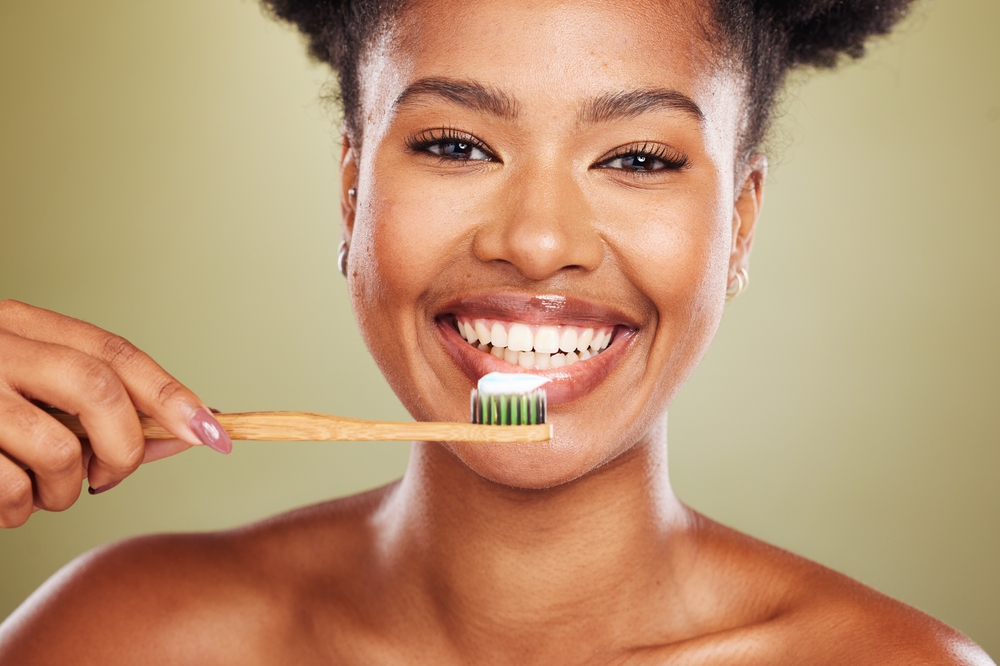The Different Types of Dental Veneers
No-Prep Porcelain Veneers
No-prep porcelain veneersare ultra-thin, custom-made shells that require minimal tooth preparation. Unlike traditional veneers, which require the removal of a small amount of tooth enamel, no-prep veneers can be bonded directly to the surface of your teeth with little or no preparation. This means that you can enjoy the benefits of porcelain veneers without any discomfort or sensitivity.
Lumineers
Lumineers are a type of ultra-thin porcelain dental veneer designed to be even thinner than traditional veneers. They’re typically about the same thickness as a contact lens and require minimal tooth preparation. Lumineers can be used to correct a variety of cosmetic dental problems, including stained, chipped, or misaligned teeth.
Zirconia Veneers
Zirconia veneers are made from a type of dental ceramic that is known for its strength and durability. Unlike traditional porcelain veneers, which can chip or crack over time, zirconia veneers are highly resistant to wear and tear. They are also more translucent than traditional porcelain, making them an excellent choice for patients who want a more natural-looking smile.
Composite Veneers
Composite veneers can correct various dental and cosmetic imperfections, such as chips, cracks, stains, and minor misalignments, providing a natural-looking and aesthetically pleasing smile. The composite resin veneer procedure typically involves minimal tooth preparation, preserving the natural tooth structure. The composite resin is carefully shaped and bonded to the teeth, resulting in improved symmetry, color, and overall appearance.
The Porcelain Veneer Process
The porcelain veneer process begins with a detailed discussion with our dentist to go over your smile goals and treatment plan. During your first procedure appointment, the teeth are reshaped by removing a thin layer of enamel, making space for the veneer placement. Impressions of the teeth are made and sent to a dental lab. They’ll create your custom veneers.
Sometimes, temporary veneers are provided to protect the teeth while permanent ones are made. The final veneers are bonded to the teeth after thorough cleaning and etching to ensure they adhere well. A follow-up visit ensures everything is comfortable and looks great.
How to Know Which Veneer is Best for You
The best type of veneer for you will depend on your individual needs and preferences. It’s important to talk to your Urbandale, IA dentist about cosmetic concerns, and your goals for your smile. They’ll determine your veneer candidacy and discuss the other dental veneer options. Dr. Erickson can help you make an informed decision about which type of veneer is best for you based on your individual needs and preferences.
In some cases, dental veneers may not be right for you. Our Urbandale, IA cosmetic dentist offers several veneer alternatives, such as teeth whitening and dental crowns.
Porcelain Veneer Cost
The cost of porcelain veneers can vary depending on several factors, such as the number of veneers needed, the complexity of the case, and the location of the dental practice. While they may be more expensive than other cosmetic dental options, veneers offer exceptional durability, stain resistance, and a natural-looking appearance.
To learn more about porcelain veneer cost, contact our Urbandale, IA dentist, and schedule a consultation.


